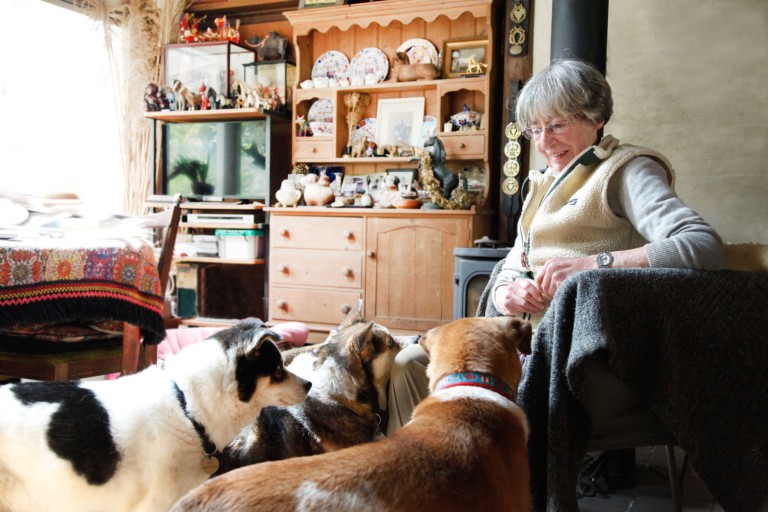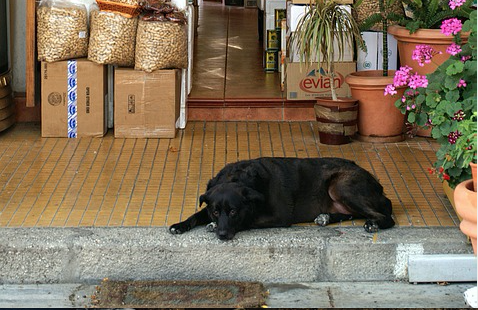I love any opportunity to get back to New Zealand and whilst there, I really wanted to find out more about The Nelson ARK. It’s one of the growing animal welfare groups developing innovative animal-assisted therapy programmes.
I’m well acquainted with Pets As Therapy, Professor Paws, Paws for Progress, but this was my first encounter with the ‘APART’ system.
Animals, People, And Rehabilitative Training provide young people (in need) to engage with rescue dogs, helping them learn compassion, empathy, respect, and responsibility.
Founded in 2002, a qualified counsellor and charity coordinator (Karen Howieson) had interests in mental health and animal welfare.
She joined forces with the teacher and mentor Susan Murray Rifici and incorporated Healing Species*; a model developed for troubled young people and otherwise unwanted rescue dogs.
Sue Walsh, a dog trainer and behaviourist, joined the ARK in 2012.
With just four courses a year, small groups of teenage students are referred (school counsellors, social workers, mental health and support workers) to the eight-week course.
During this time, students learn to train carefully matched rescue dogs. The aim is to get the dogs ‘adoption ready’ whilst the students learn about issues affecting them – abuse, bullying etc.
The dogs are brought to the ARK centre by their foster carers to participate in the training.
The sessions teach students the value of patience, discipline and hard work. In addition, the young people learn cooperative and considerate ways of dealing with problems that may arise during the training.
These skills can then provide alternative coping strategies within their own lives.
The students are not allowed to adopt the dog they have been working with but are well aware that their input will increase the dog’s chances of successful rehoming.
I shadowed a youngster (Brenna) who had completed the course the previous year and had returned to help out. I asked her about the bond she had developed with the dog she had trained as a student.
She told me that she would have dearly loved to adopt her but was aware of the rules. She felt that this policy had taught her that we can’t always have what we want and had shown her how to positively part with her canine friend.
If the eventual dog adopter agrees, students can retain some contact. On asking Brenna if she could describe her feelings about the course, she replied, “awesome!” in typical kiwi lingo.
She added that her self-esteem and confidence had developed, and now (as a competent dog owner herself), she could interact with people positively.
Notably, she had made friends – something missing before her time at the ARK.
There were plenty of such anecdotes from the team at ARK, but of course, much welfare work can “feel good” but actually has little value.
To ensure that time, effort, and money invested in the project is well spent, the team carries out pre and post-course surveys using the Rosenberg Self-Esteem Scale.
This questionnaire looks at strengths and difficulties and allows monitoring students’ progress towards goals.
To date, the results have been very positive. APART at the Ark appears to be a transferable model, and conversations about rolling it out into other regions have taken place.
The cost to referrers or sponsors of putting one student and dog through the training is $3000 (NZ). The ARK subsidises this through grants, fundraising and donations.
The Trust is constantly looking for corporate engagement. Should you be interested or wish to find out more about the APART or Healing Species, please get in touch with info@thenelsonark.co.nz to discuss or make a donation via the website.




